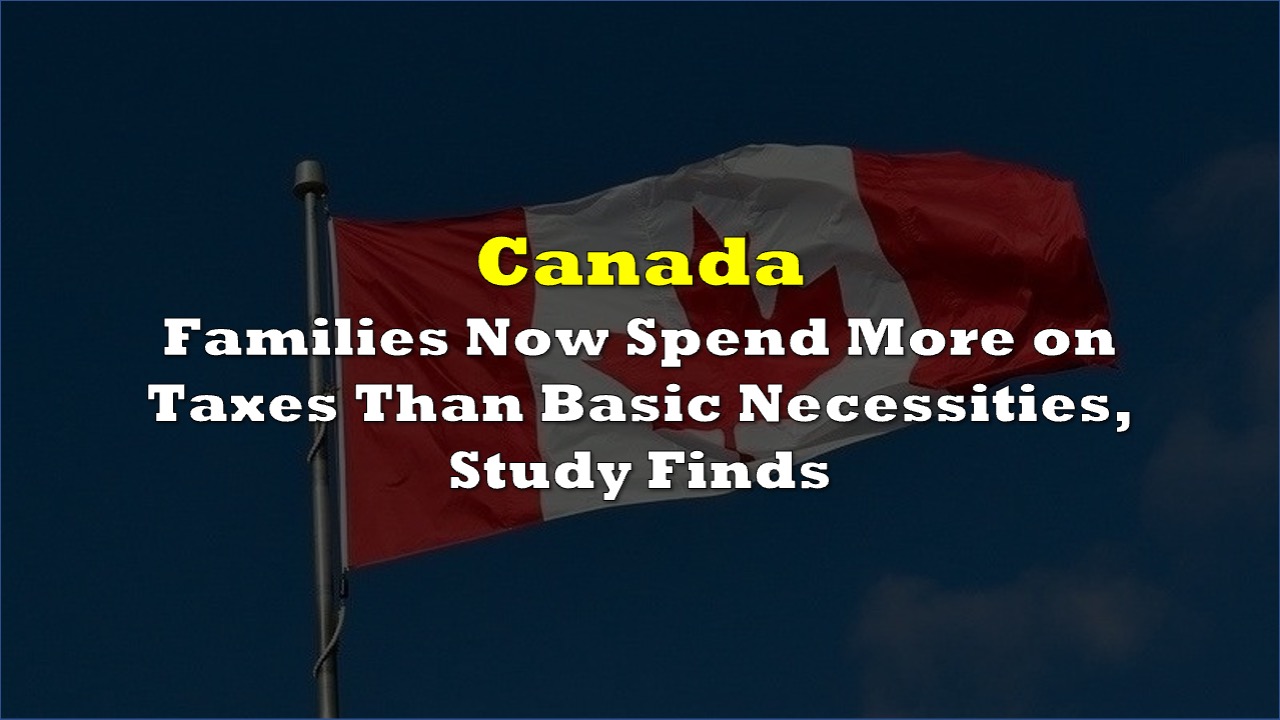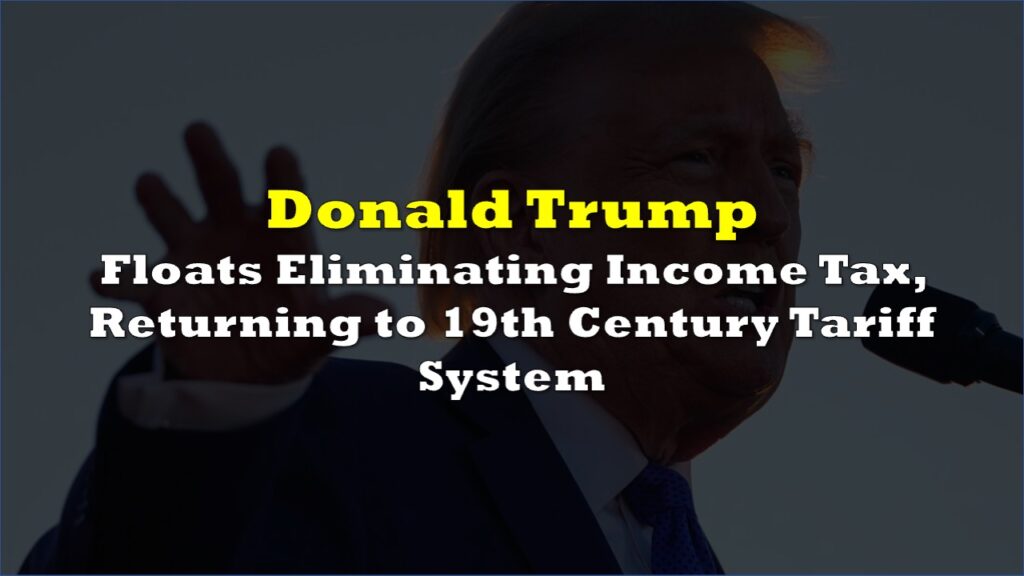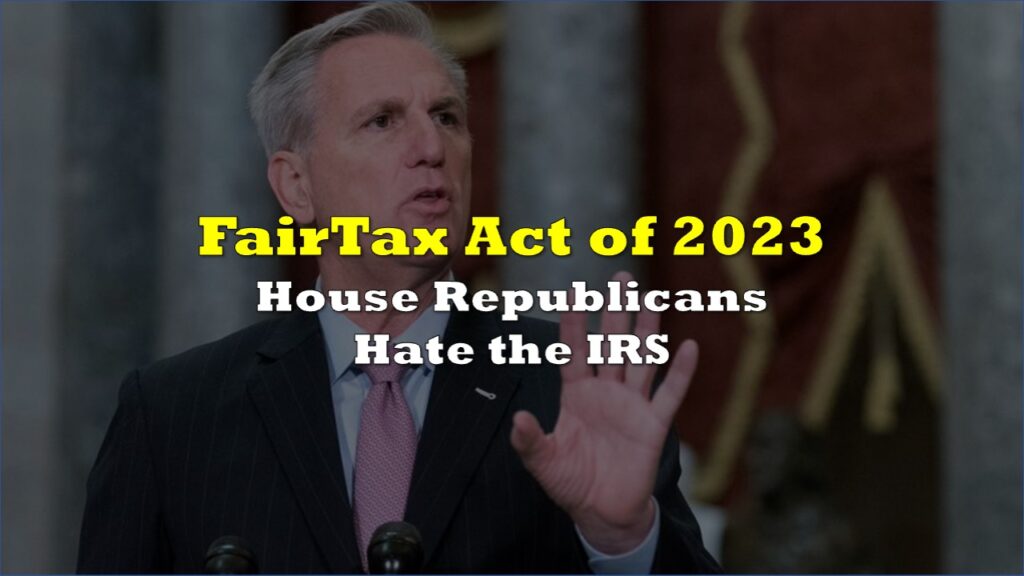A new report from the Fraser Institute reveals that Canadian families are now spending a larger portion of their income on taxes than on basic necessities. The study shows that in 2023, the average Canadian household, with an income of $109,235, allocated 43% of their earnings to various forms of taxation, while only 35.6% went towards essential needs like food, shelter, and clothing.
The report highlights a significant shift in spending patterns since 1961. Over the past six decades, the total tax bill for Canadians has surged by 2,705%, outpacing the growth in incomes and the costs of basic necessities. This trend has led to a reversal in the allocation of household income, with taxes now consuming a larger share than essential expenses.
The study’s authors, Jake Fuss and Callum MacLeod, point out that when adjusted for inflation, the total tax bill in 2023 dollars has increased by 180.3% since 1961. The report defines the total tax bill as a combination of various taxes, including income, payroll, health, sales, property, fuel, carbon, and other levies imposed by federal and provincial governments.
This increasing tax burden may be contributing to financial stress among Canadians. A recent Leger poll found that 46% of Canadians reported living paycheck to paycheck. The Fraser Institute’s findings also align with their annual “Tax Freedom Day” report, which suggests it takes the average Canadian family five to six months to pay off their total tax bill before they start earning money for themselves.
However, critics of the Fraser Institute’s methodology argue that the report may overstate the tax burden. They contend that using average incomes instead of median family incomes could inflate the figures, and that including business taxes in family tax calculations may not accurately represent the situation for most households.
Additionally, some argue that the study fails to account for the benefits taxpayers receive from public services and infrastructure funded by these taxes. It’s also worth noting that the tax system today funds a broader range of public services compared to 1961, including healthcare and various social programs.
Regardless, a recent study by Ipsos and the Montreal Economic Institute also found that an overwhelming 72% of Canadians believe that they’re paying too much in taxes. That study also revealed skepticism about recent policy decisions, including changes to capital gains taxation.
Despite government assurances that these changes will only affect the wealthy, 73% of Canadians believe middle-class taxpayers will also be impacted. Additionally, 60% think the capital gains tax hike will negatively affect the Canadian economy.
Information for this story was found via the sources and companies mentioned. The author has no securities or affiliations related to the organizations discussed. Not a recommendation to buy or sell. Always do additional research and consult a professional before purchasing a security. The author holds no licenses.







